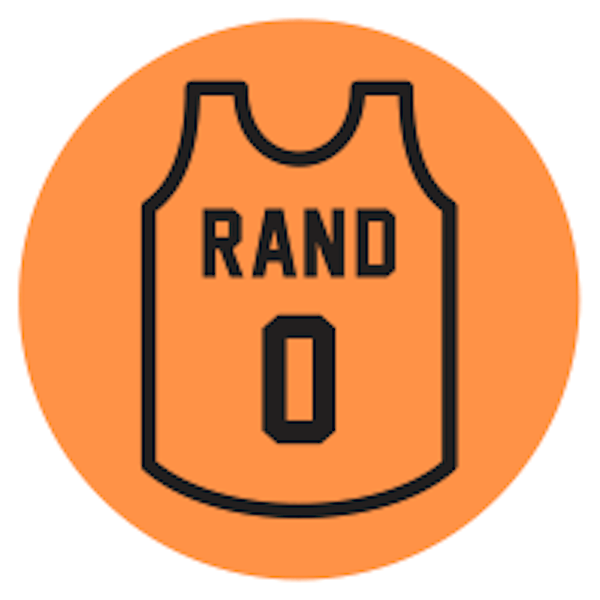 See
more of the story
See
more of the story
On Monday, the Wolves had D'Angelo Russell back from injury and on the court for the first time in a full game since Feb. 5, a span of exactly two months.
It was just the sixth time Russell and Karl-Anthony Towns had shared the court since Russell was acquired from Golden State 14 months ago. The team Russell returned to is quite different than the one he left for a variety of reasons, which I discussed with Dane Moore on Wednesday's Daily Delivery podcast.
If you don't see the podcast player, click here to listen.
The two biggest reasons: Malik Beasley, a mainstay in the lineup early in the year while Towns and then Russell missed a lot of time, was — in very Wolves-like fashion — sidelined 4-6 weeks with a hamstring injury right as Russell returned.
And rookie Anthony Edwards became a much more prominent and consistent player in the two months Russell was out, creating a new dynamic upon his return.
The Wolves won in Russell's first game back, 116-106 over the Kings, thanks in part to better-than-expected defense and a more effective use of Russell off the ball than had been present before his injury. As the Wolves prepare for their final 21 games — starting Wednesday at Indiana — in an otherwise lost season, here are five things to watch, many of which Moore and I talked about on the podcast.
1) Will Russell continue to be used off the ball — and will that be effective? The Wolves seem keen on getting a long look at using Russell in different situations. Pairing him with either Ricky Rubio or Jordan McLaughlin while also having Edwards on the floor gives the Wolves a lot of ballhandling and scoring options. It didn't work early in the year, but it might work better now given Edwards' ascendance — and could give the Wolves a look at what might happen if they get a top-3 pick and want to draft a point guard while retaining Russell and Edwards.
2) Are there enough shots to go around? In some ways, the Beasley injury makes this a little easier to imagine. On Monday, Edwards took 15 shots, Towns took 18 and Russell tried 19 (in just 24 minutes, by the way). None of them made over 50% from the field, but maybe it's encouraging that the Wolves won anyway. Still, it will be interesting to see if any of those three players are frustrated at times if the ball seems to stick to one or two sets of hands.
3) Related to the last question, who will get the nod in crunch time? Russell seemed to want to resume his role as scoring closer in the fourth quarter against Sacramento, and it was effective. Russell scored 11 consecutive Wolves points in a little over two minutes of the fourth quarter, pushing the lead from 96-93 to 107-97 to help close out the game. Towns only attempted two shots (making both) in the fourth quarter, but it must have been a relief in some ways to have more help. The bigger question will be the impact on Edwards, who had moved into a primary scorer role late in games. Does his progress stall in some ways with Russell back, or does he learn more subtle things that it takes to win?
4) Who else complements those three players the best? The absence of Beasley and Jaylen Nowell was felt in the Monday's game. Towns, Russell and Edwards combined to make 9 of their 20 three-point attempts. Backup big man Naz Reid was 2 for 3. Wolves "smalls" not named Edwards or Russell did not make a single three. Starter Josh Okogie was a minus-16 in 19 minutes of a game the Wolves won by 10. Jarrett Culver was a minus-5 in just seven minutes. Can players who aren't shooting threats stay on the court if they provide enough defense? Or are the Wolves better off spreading the floor with more scorers? Will rookie Jaden McDaniels flourish with presumably less attention from opposing defenses, or will his offensive role shrink as it seemed to on Monday?
5) Will those three players make either other collectively better? The grouping of Towns, Russell and Edwards should have some synergistic properties, but we don't know yet if it will. That is perhaps the biggest question that needs to be answered over the next 21 games because it will directly impact offseason plans.




